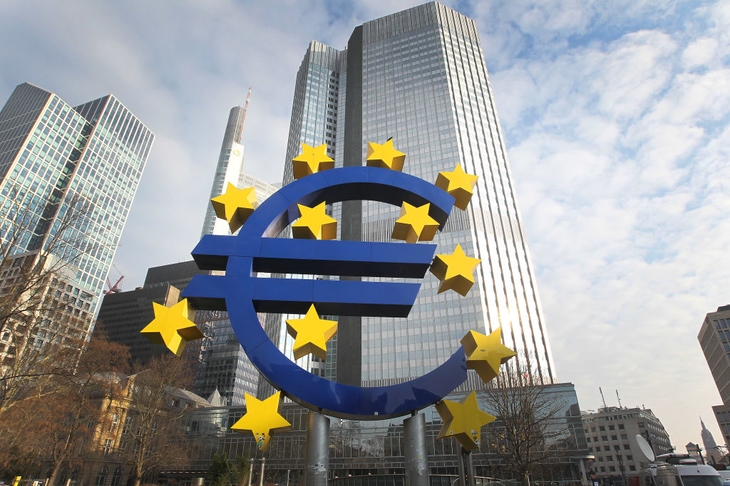Collapsing retailers. A looming far-left government threatening nationalisation. And perhaps most significantly of all, our potentially chaotic rupture with our largest, closest and most significant trade partner. It doesn’t seem to matter what you throw at it, the British economy continues to be surprisingly resilient. Figures out today showed it expanded at 0.6 per cent in the third quarter, its fastest rate for a couple of years, and a rate which should keep annual growth at a more than respectable 2 per cent plus.
That will come with all the usual caveats of course. It was helped by all the money we spent in the pub watching our boys do so well in the World Cup this summer, the pound was weak yet again, and much of it was financed by hammering our credit cards as usual. Even so, one thing is becoming painfully apparent. Not only are the forecasts of collapse if we left the EU becoming more and more laughable with every quarter that passes. It now looks increasingly likely that we will actually out-perform the rest of Europe as we leave the EU – and that will surely change the debate.
With our departure from the EU now just a couple of quarters away, the British economy appears to be trundling along perfectly happily. It is not spectacular, and not as good as the United States. But with record levels of employment, real wages rising and even the trade deficit falling, it is in perfectly decent shape. The contrast with the rest of Europe is starting to become obvious. In the latest quarter, overall growth in the euro-zone slumped to just 0.2 per cent. That is a third of the British rate. It was dragged down by Italy going all the way down to zero, but even France, the best performing major economy for the quarter, only managed 0.4 per cent. There is not much sign that it will get better any time soon. Indeed, High Frequency Economics now predicts Germany will report a contraction of GDP of 0.8 per cent for the third quarter next week, based on sharply falling retail sales and industrial production figures. With its biggest economy slowing sharply, and with the European Central Bank winding up quantitative easing, there is little chance of acceleration in growth any time soon.
There is now a real prospect that come March 29th next year, as we tumble out of the EU, we will be growing faster than the rest of Europe. Indeed, we might be expanding at a respectable rate, while the euro-zone could easily be in a recession, or only a whisker away from it. Sure, the EU tried to predict this week that we will slow down next year. But there is no evidence for that in the statistics. Right now, British growth is picking up while Europe slows down, and the numbers out of Germany point to more trouble ahead.
In truth, the quarterly output figures don’t matter that much. They can be all over the place, and it is the long term trends that count. Often they are just noise. And yet, there is no question that the next six months will be different: the noise, mood and rhetoric around March next year will be significant. If the UK does out-perform Europe even as we leave, it will make it very hard for Remainers to argue we have suffered from that decision. And it will encourage euro-sceptics across the rest of Europe, who may start to wonder, if countries grow faster when they get out, what is the EU for exactly?






Comments